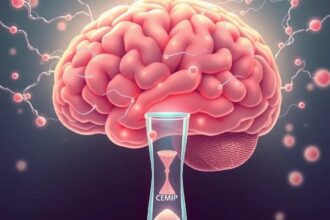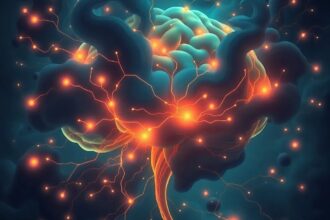Explore neuroplasticity exercises, nutrition, and lifestyle changes to enhance brain health and cognitive function.
Discover how neuroplasticity exercises, proper nutrition, and lifestyle changes can significantly improve brain health and cognitive function.
Understanding Neuroplasticity
Neuroplasticity, the brain’s ability to reorganize itself by forming new neural connections, is a cornerstone of cognitive health. According to Dr. Michael Merzenich, a pioneer in neuroplasticity research, The brain is not a static organ; it is dynamic and constantly changing in response to our experiences.
This adaptability allows us to learn new skills, recover from injuries, and adapt to new environments.
Exercises to Promote Neuroplasticity
Engaging in activities that challenge the brain is essential for promoting neuroplasticity. Learning a new language, playing a musical instrument, or solving puzzles can stimulate the brain and encourage the formation of new neural pathways. A study published in the journal Nature Neuroscience found that individuals who engaged in complex cognitive tasks showed increased brain plasticity compared to those who did not.
The Role of Physical Exercise
Physical exercise is not only beneficial for the body but also for the brain. Aerobic exercises, such as running and swimming, have been shown to increase the production of brain-derived neurotrophic factor (BDNF), a protein that supports the growth and survival of neurons. Dr. John Ratey, author of Spark: The Revolutionary New Science of Exercise and the Brain, states, Exercise is the single most powerful tool you have to optimize your brain function.
Mindfulness and Stress Management
Practicing mindfulness and stress management techniques can also enhance neuroplasticity. Mindfulness meditation has been shown to increase gray matter density in the brain, particularly in areas associated with memory and emotional regulation. A study conducted by Harvard Medical School found that participants who practiced mindfulness meditation for eight weeks experienced significant changes in brain regions related to memory, sense of self, and empathy.
Nutrition for Brain Health
Nutrition plays a crucial role in brain health. Foods rich in omega-3 fatty acids, such as salmon and walnuts, are essential for maintaining the integrity of neuronal membranes. Antioxidants found in berries and leafy greens protect the brain from oxidative stress. According to Dr. Lisa Mosconi, a neuroscientist and author of Brain Food: The Surprising Science of Eating for Cognitive Power, What you eat directly affects the structure and function of your brain.
The Impact of Sleep and Social Connections
Sleep is vital for brain health, as it allows the brain to consolidate memories and remove toxins. Chronic sleep deprivation can impair neuroplasticity and cognitive function. Social connections also play a significant role in brain health. Engaging in meaningful social interactions can stimulate the brain and reduce the risk of cognitive decline. A study published in the journal PLOS ONE found that individuals with strong social networks had better cognitive function than those who were socially isolated.
Incorporating Neuroplasticity Exercises into Daily Life
Incorporating neuroplasticity exercises into your daily routine can have long-term benefits for brain health. Start by setting aside time each day for activities that challenge your brain, such as reading, learning a new skill, or practicing mindfulness. Combine these activities with regular physical exercise, a balanced diet, and adequate sleep to optimize your brain health. As Dr. Merzenich emphasizes, The key to maintaining a healthy brain is to keep it active and engaged.




